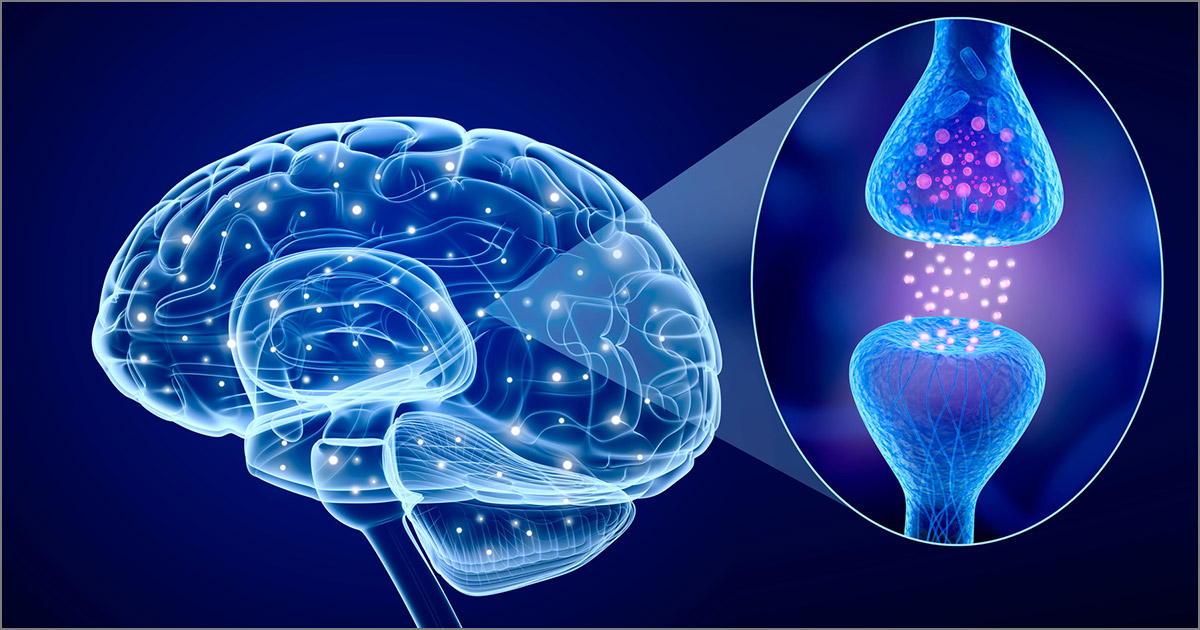What Causes And Increases The Risk Of Amyotrophic Lateral Sclerosis?
Amyotrophic lateral sclerosis (ALS) is actually a grouping of neurological diseases that progressively worsen over time. Unfortunately, ALS currently has no cure, and even the treatment options do not do much to slow or reverse the progression of symptoms. In amyotrophic lateral sclerosis, upper and lower motor neurons in the brain, which are responsible for relaying messages to the spinal cord and muscles, die or degenerate over time. This causes the muscles to not receive messages and stop functioning over time. While there is no cure, scientists have determined several causes of ALS. Get to know these major causes now.
Chemical Imbalance

One of the potential causes of amyotrophic lateral sclerosis is the presence of elevated levels of glutamate in the body. This nonessential amino acid cannot cross the blood-brain barrier, but inside of the brain, it acts as one of that organ's most important chemical messengers. Unfortunately, when a neural injury occurs, it can result in too much extracellular glutamate in the body. Since glutamate becomes deadly to neurons at this elevated level, its overabundance seems able to cause cognitive impairments ranging from Alzheimer's disease and epilepsy to ALS. Anyone with amyotrophic lateral sclerosis will likely be told by their doctor to avoid glutamate supplements because of the chemical imbalance that has already been caused.
Continue reading learn about more causes of ALS now.